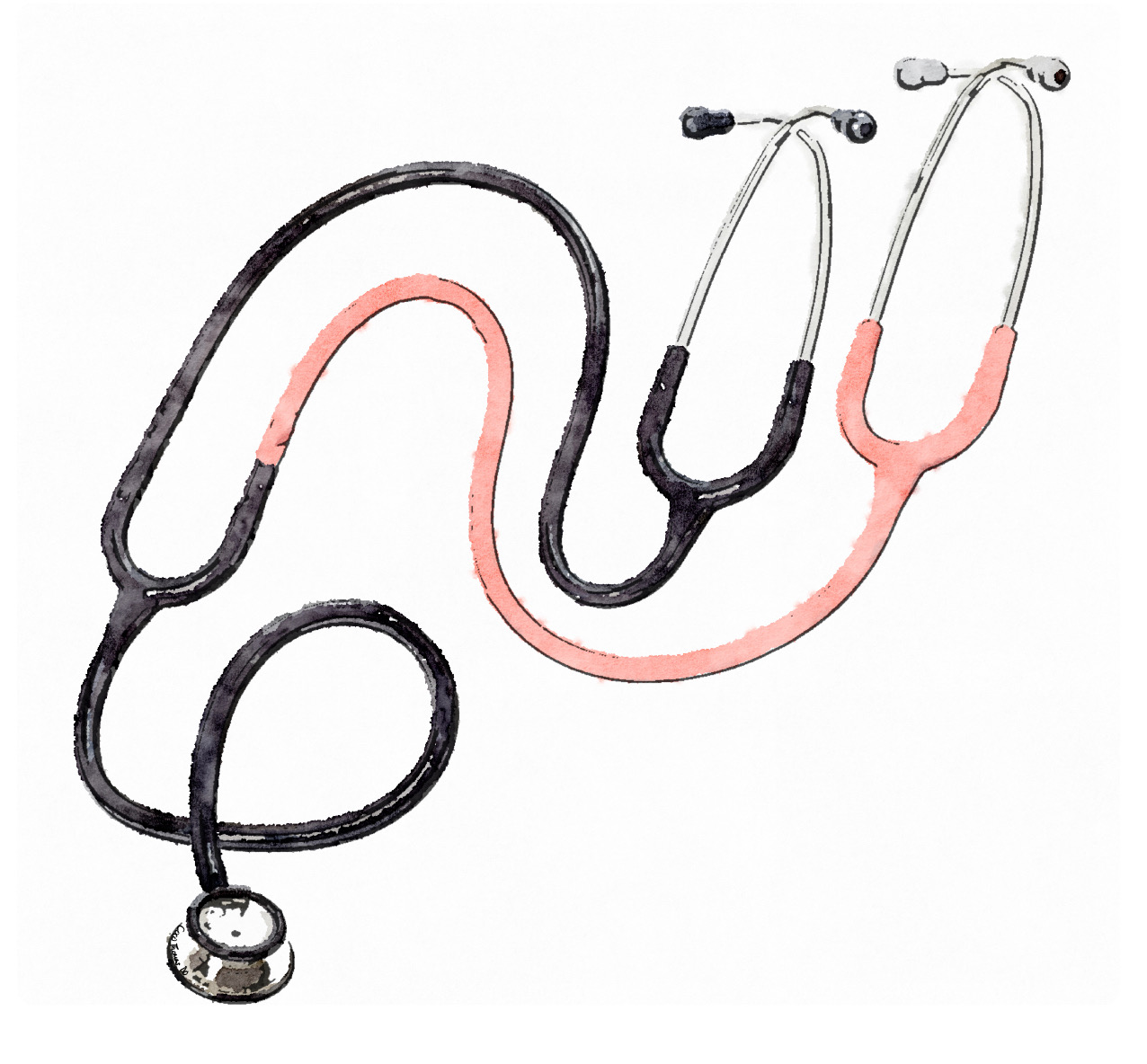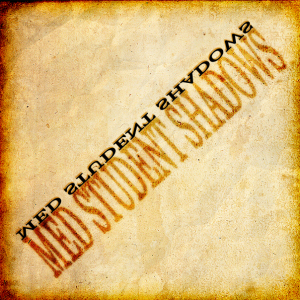Don’t Sideline Yourself: The Pre-Medical Student Athlete
Given the staggering time commitment required for a pre-medical student or an NCAA athlete, one may question whether it is smart or even viable to take on both of these roles in college. By giving you a glimpse into my routine, I want to show you that it is possible to successfully pursue both your athletic and academic goals.



